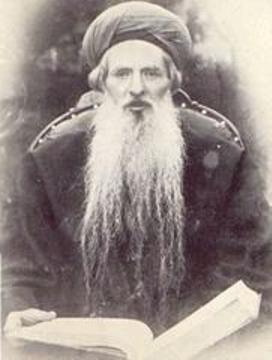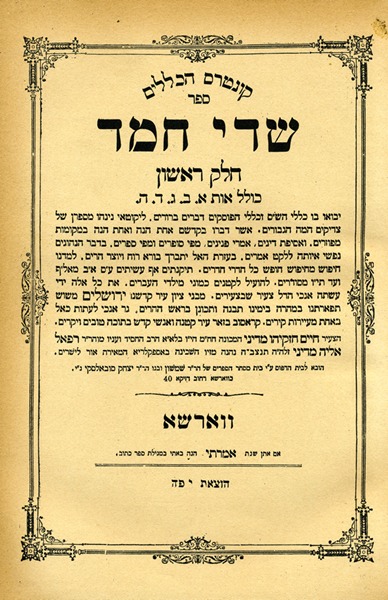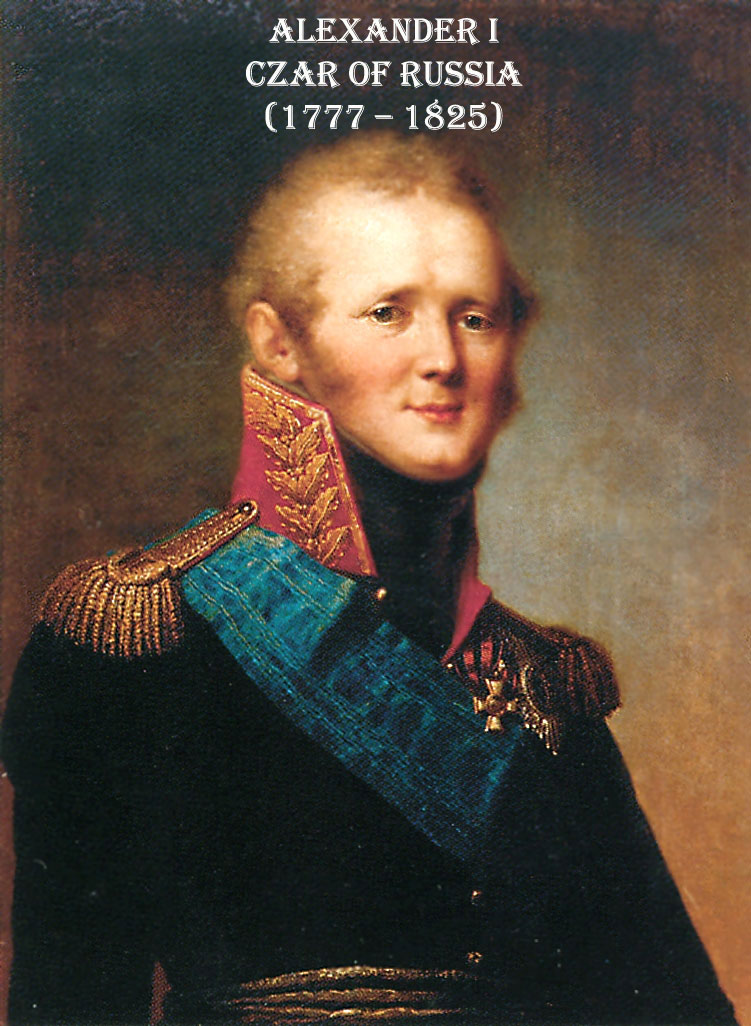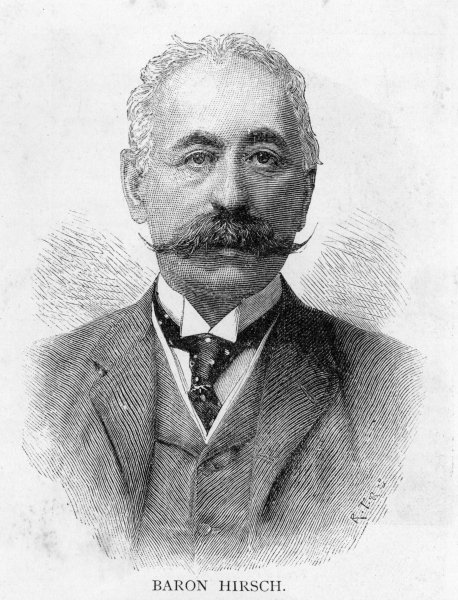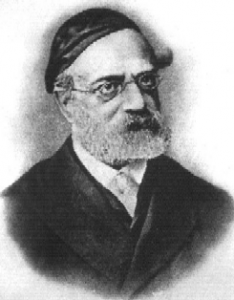
By the mid-1800s, the Reform Movement had in essence taken over Jewish life in Germany; there were very few Orthodox Jews and very little Orthodox power left. To traditional Jewry, Germany had become a spiritual wasteland. It needed a prophet to take it out of the chaos and restore order. That savior came in the form of a very original, strong individual: Rabbi Samson Raphael Hirsch.
He was born in 1808 in Hungary and became rabbi in Moravia before coming to Frankfort, Germany. When he arrived in Frankfort, he was hired by a very small congregation of only 11 families. Nevertheless, he quickly built into a very great and strong group that became the bulwark of German Jewry.
He also opened what today we would call a “day school,” which innovative for its time. It was called the Realschule. It offered studies of Torah for half a day, and secular studies taught in German the other half of the day. When they taught the secular studies in the Realschule the young men would take off their hats, because that was the way they did it in Germany.
On the other hand, among Rabbi Hirsch’s congregants were many men with beards. Many of them wore toupees or other false headpieces so that their heads would never be uncovered. Their extreme loyalty to the Torah and meticulous observance of mitzvos became legendary.
Rabbi Hirsch himself went to university. He was very well read in all the classical studies. First and foremost, however, he was a great Torah scholar. His seminal work is a commentary on Bible which he wrote in German. Whereas in Eastern Europe the traditional rabbis only spoke in Yiddish – which was the language of the people – Rabbi Hirsch spoke perfect German and delivered his sermons in German, in addition to his voluminous writings that were in German.
Where Rabbi Hirsch differed from Reform is that he did not compromise one iota on observance. He said that Judaism was a religion with a mission. God had bequeathed the Jewish people a mission to civilize the world. The role of each Jew was to observe the Torah and through that he fulfilled his highest ideal.
Rabbi Hirsch disagreed completely with the idea of Reform that said that Judaism was a religion that evolved and changed with the times. He saw it as a metaphysical religion, given by God to a certain people, and that people would carry it throughout history, wherever they existed. The purpose of every Jew was to be part of that group of people, to find his place as an individual in the whole.
Rabbi Hirsch was uncompromising in his stance against Reform. In Germany, the government had awarded administration of the congregations – including the distribution of monies – to the Reform Jews. Only certain religious facets of life were left in the hands of the Orthodox: they took care of the kosher dietary laws, upkeep of the cemeteries and other these things that the establishment of Reform did not feel threatened their hegemony. One of Rabbi Hirsch’s greatest and most controversial accomplishments was his fight to obtain government permission to be a separate congregation from Reform. That meant that they could collect their own taxes, make their budget and establish their own rights; they controlled their own religious lives.
Throughout Germany, there was a heated debate between Orthodox Jews whether or not this was the right course of action. As a very small, minority should be become independent, as did Rabbi Hirsch’s congregation in Frankfort-am-Main, or should they remain as part of the overall general structure controlled by Reform. Some rabbis chose to stay, but the hallmark of Rabbi Hirsch’s was that he opted out.
In the end, Rabbi Hirsch was triumphant. He restored traditional Judaism to Germany. In our time, the Hirschian congregation was transplanted just before the Second World War to Washington Heights, New York, where it has undergone a series of metamorphoses. Rabbi Hirsch’s direct descendant, the late Rabbi Breuer, is an example again of that type of philosophy and weltanschauung. He was an expert in Schiller and Goethe, yet he would study the very obscure Jerusalem Talmud every day (in addition to the normative Babylonian Talmud). He was the perfect example of the person of iron will who was able to hold his community within the realms of Orthodoxy at a time when it would have been very easy to fall away completely.


